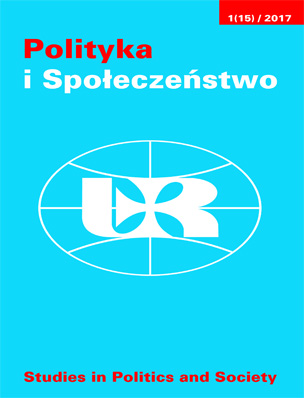Narratology in political communication research. Methodological approaches
DOI:
https://doi.org/10.15584/polispol.2017.1.2Keywords:
narratology, political communication, methodology of social sciencesAbstract
Developed within literary studies, the narrative theory is helping to understand relations between an author, features of a narrative text, its contents, cultural meanings, and perception. Modern narratology stems from the research of formalists (e.g. V.Propp), structural theory of literature (M. Bakhtin, Y. Lotman), and blossomed due to structuralism and semiology (R. Barthes, T. Todorov, A. Greimas et al.) – to become in the second half of XX century one of the main tools for explaining the communication strategy of a man – storytelling. A narrative is a commonplace to determine the dynamic elements of our experience, and as such is a fundamental category of perception. It is the core of the art of literature, interpretative journalism, but also makes the spine of political marketing (spinning political events and visions). This text tries to describe the basic methodological assumptions of narratology in order to make it suitable for political communication analysis.
Downloads
Published
How to Cite
Issue
Section
License

This work is licensed under a Creative Commons Attribution-ShareAlike 4.0 International License.


